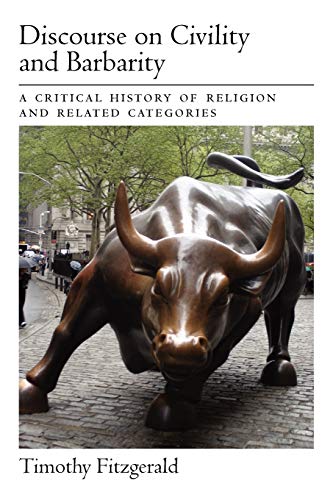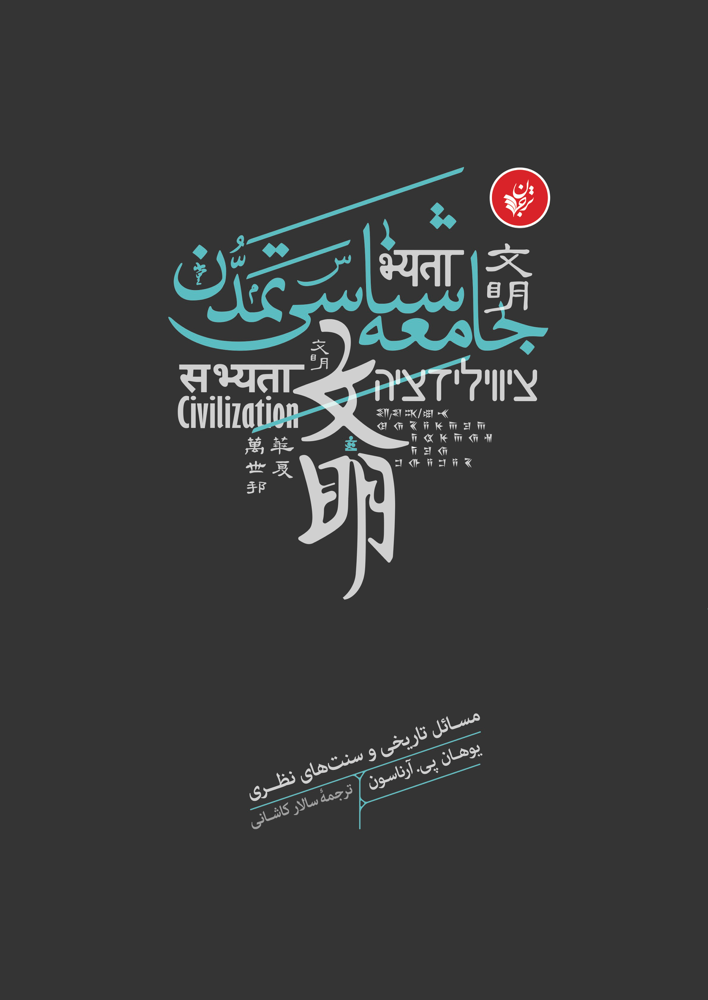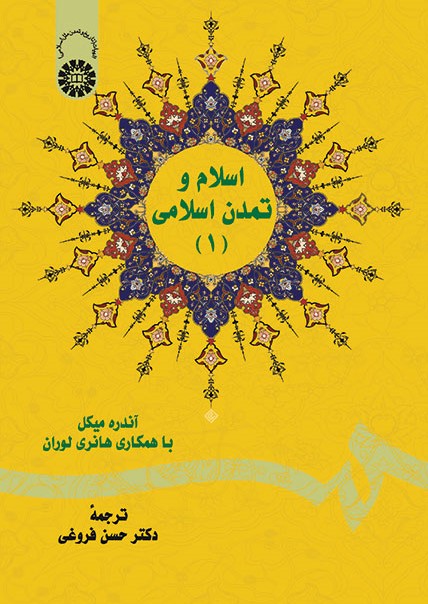Discourse on Civility and Barbarity
This book analyzes the development of different meanings of the term “religion” in different contexts and in relation to other categories with shifting and unstable nuances such as the state, politics, economics, and the secular. It traces a major transformation of the category as a function of Euro‐American colonialism and capitalism from its traditional meaning of Christian Truth to the modern generic and pluralized category of religions and world religions. For centuries the English word Religion meant Christian Truth, and it stood in opposition to superstition, paganism, and falsehood. As such Religion encompassed not only individual salvation but also, and of equal importance, what we today refer to as the secular, the state, politics, economics, law, and science. Until the second half of the seventeenth century there was no powerful discourse on the nonreligious. Indeed, terms such as politics and economics were newly coined in the seventeenth and eighteenth centuries, and the term secular had a profoundly different nuance, for example, referring to the priesthood. Furthermore, the discourse on Religion as Christian Truth in contrast to superstition and paganism overlapped significantly with discourses on “our” civility, as opposed to “their” barbarity, and thus functioned as an expression of the superiority of the Christian male elite. Current uncritical practices of historians, political scientists, anthropologists, and religionists in their projection of modern Anglophone categories such as “religion,” “politics,” and “economics” as though they are eternal features of all human experience and social organisation indirectly and usually unconsciously serve the interests of the modern state under the guise of secular objectivity.

اشتراک گذاری
/

